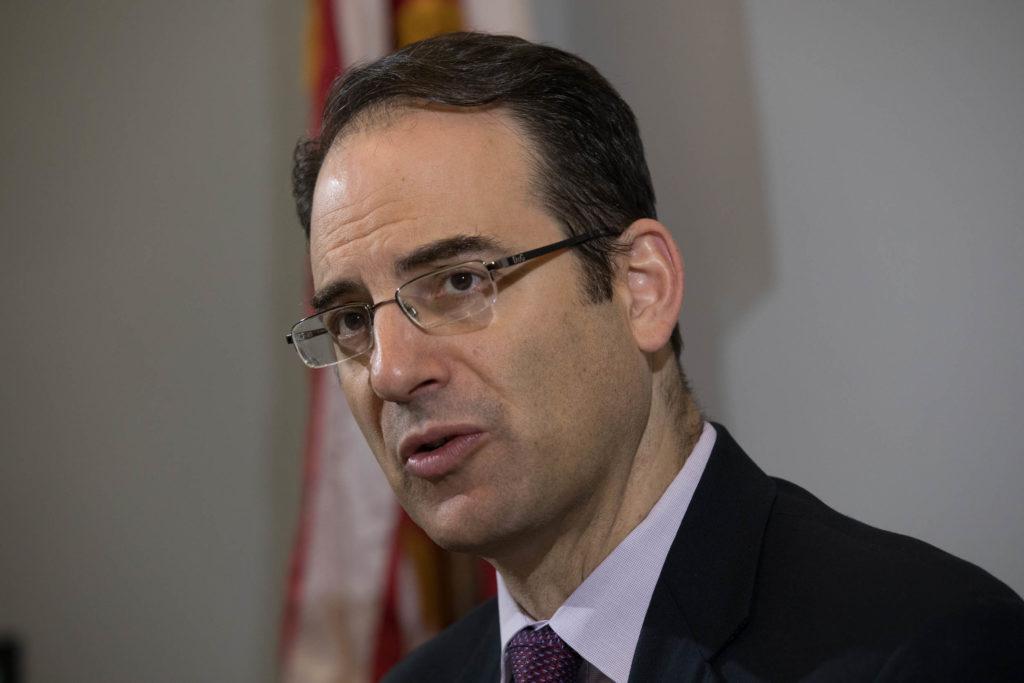
How much Colorado gets in opioid settlement money is still unclear – and it could be more than a year away from landing in state coffers – but Attorney General Phil Weiser on Thursday assured people in Pueblo hard hit by the addiction crisis that the money will go towards treatment.
Weiser has joined a handful of lawsuits against drug manufacturers, including a suit against the Sackler family, which controls Purdue Pharma. He said Colorado will receive “in the tens of millions” over 10 years. That case, filed in the fall, has not been settled.
He promised that eventually the money would all go towards building and expanding recovery programs – particularly in southern Colorado, where jails are clogged with people facing drug charges and in withdrawal.
Weiser contrasted his plans with tobacco settlement money, much of which was used for other line items in state budgets and “now we have a vaping crisis,” he said.
“The sad reality is even with us doing this effort… new money, grants, we’re still not going to have enough,” he said. “We need to make sure all of the money we get goes towards abating this crisis.”
Weiser did a series of town halls on Thursday with elected leaders and law enforcement officials in Colorado Springs and Pueblo.
Weiser said he wants packed county jails in Colorado to get treatment centers alongside them – rather than simply building bigger jails – to divert addicts out of the criminal justice system.
Pueblo County’s jail is frequently over capacity, including on Thursday. Law enforcement officials are trying to get a larger one built, but voters keep turning down requests for more money.
Pueblo District Attorney Jeff Chostner said Thursday, as he stood beside Weiser, that he was “ready and willing” to let people out of jail who have been treated for addiction if they had a place to go. He said there are roughly 100 people in jail with addiction problems, who are doing “nothing but cooling their heels” after getting clean in jail.
“I’m not necessarily willing to let them out of jail knowing they’re going to fall back,” said Chostner. “I need a recovery program.”








